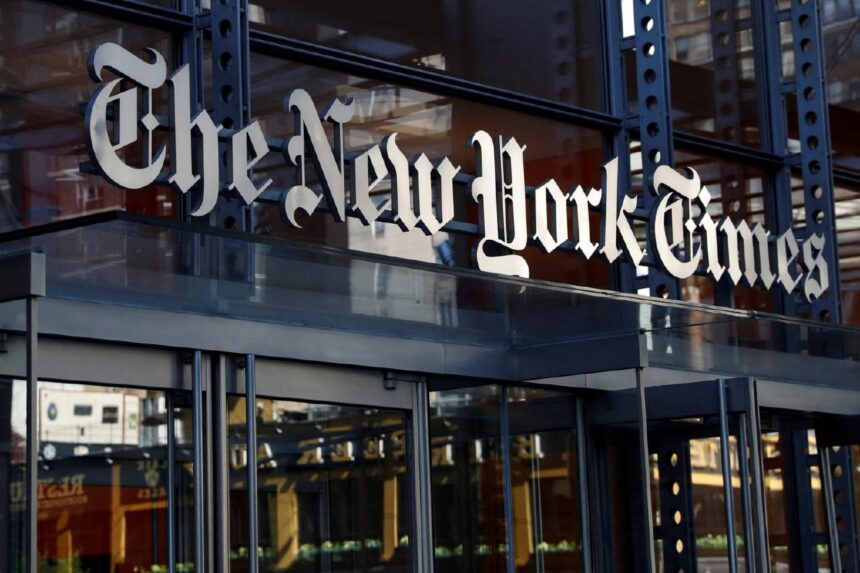RASC News Agency: The winners of the 2025 Pulitzer Prizes have been announced, once again spotlighting journalism that fearlessly confronts the most turbulent and morally fraught dimensions of the modern world. Among this year’s most celebrated honorees were The New York Times and The New Yorker, both recognized for their unflinching examinations of American military misadventures in Afghanistan and Iraq. The New York Times received the prestigious Pulitzer Prize for Investigative Reporting for its meticulous expose on the failures of U.S. military strategy in Afghanistan. The report revealed how sustained American support for local militias many implicated in extrajudicial killings and forced disappearances backfired disastrously, accelerating the Taliban’s resurgence and hastening the collapse of Washington’s two-decade-long mission. The investigation cast a stark light on how strategic miscalculations and morally dubious alliances undermined U.S. credibility and goals on the ground.
In addition to this landmark investigation, The Times garnered three additional Pulitzer honors: Best International Reporting for its harrowing coverage of Sudan’s brutal civil war; Best Breaking News Photography for a searing image that captured the moment of the attempted assassination of Donald Trump during a campaign event in Pennsylvania; and a shared award for a sweeping investigation into America’s escalating opioid epidemic. In the investigative category, Reuters was honored for its groundbreaking series on the global supply chain of chemical precursors used in fentanyl production. Through a bold investigative approach, journalists legally purchased chemical ingredients to demonstrate how Chinese-manufactured compounds readily available and alarmingly affordable are driving a lethal drug trade that has claimed over 450,000 lives in the United States. Their reporting revealed that a mere $3,600 investment is sufficient to procure the materials necessary to manufacture fentanyl worth millions of dollars, exposing the deadly economics behind the crisis.
In the realm of national reporting, The Wall Street Journal was awarded for its deep-dive profile of Elon Musk, exploring the evolution of his public persona and his increasing sway over the political and technological landscapes. Meanwhile, The Washington Post was recognized for Excellence in Breaking News for its minute-by-minute coverage of the attempted assassination of Donald Trump on the campaign trail an event that sent shockwaves through the American political sphere. In the field of editorial illustration, Ann Telnaes former cartoonist for The Washington Post received the Pulitzer Prize for her bold visual commentary. Despite resigning following the censorship of one of her works critiquing Jeff Bezos, the jury praised her unyielding commitment to artistic integrity and her sharp analytical insight, calling her illustrations a vital form of journalistic resistance.
The New Yorker also made a powerful showing, winning three Pulitzer Prizes: Best Commentary for its searing analysis of the Gaza conflict, Best Illustrated Reporting, and Best Podcast. These accolades reinforced the magazine’s standing as a leading voice in long-form journalism and multimedia storytelling. Among other distinguished winners was ProPublica, which earned the Pulitzer for Public Service Journalism for its exhaustive examination of the fallout from abortion bans across the United States. The series illuminated the human and institutional consequences of post-Roe legislation, documenting the experiences of women, physicians, and families navigating an increasingly fractured legal landscape.
First awarded in 1917, the Pulitzer Prizes are conferred annually in 23 categories, honoring the highest achievements in journalism, literature, music, and drama. Administered by Columbia University in New York City, the prizes remain the most coveted distinction in American journalism celebrating the work of those who hold power to account and give voice to the stories that define our era.






